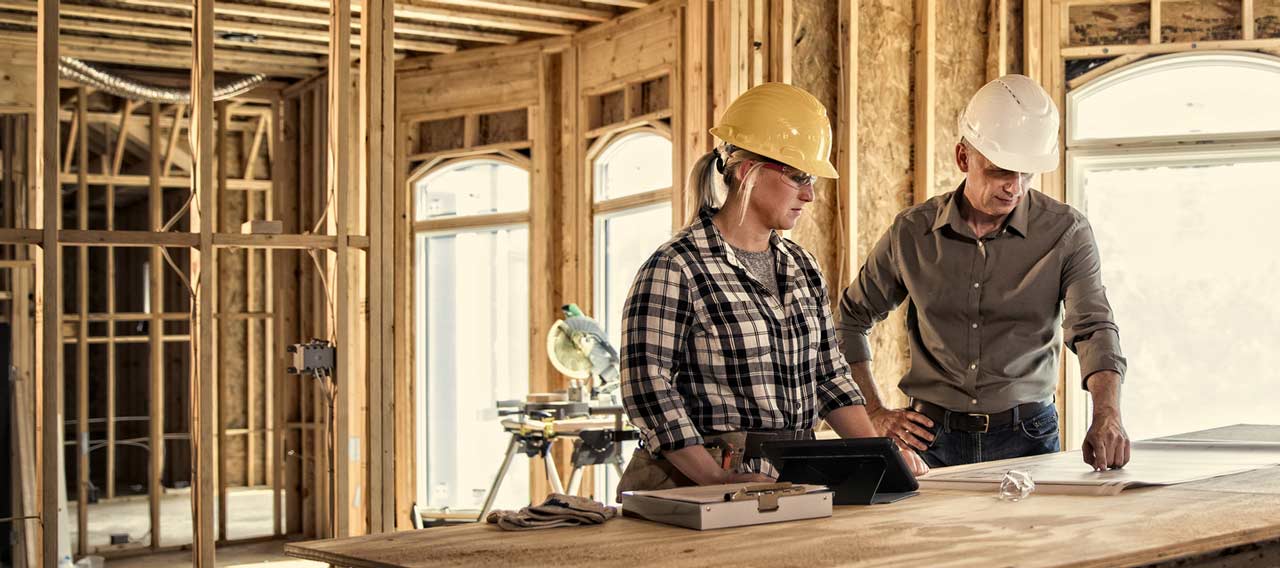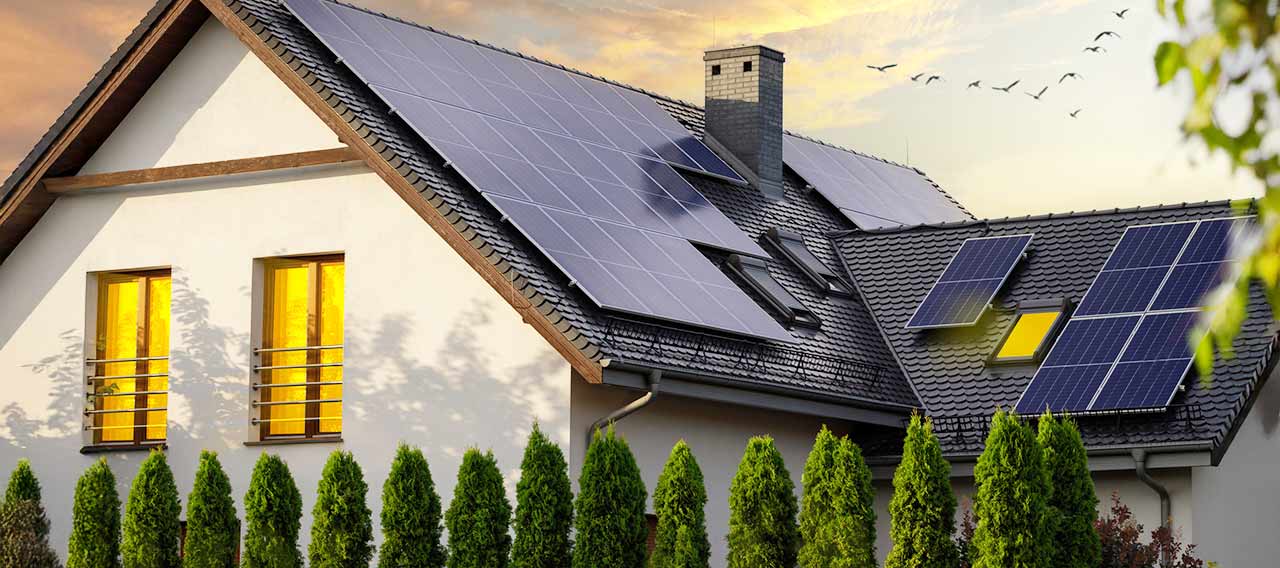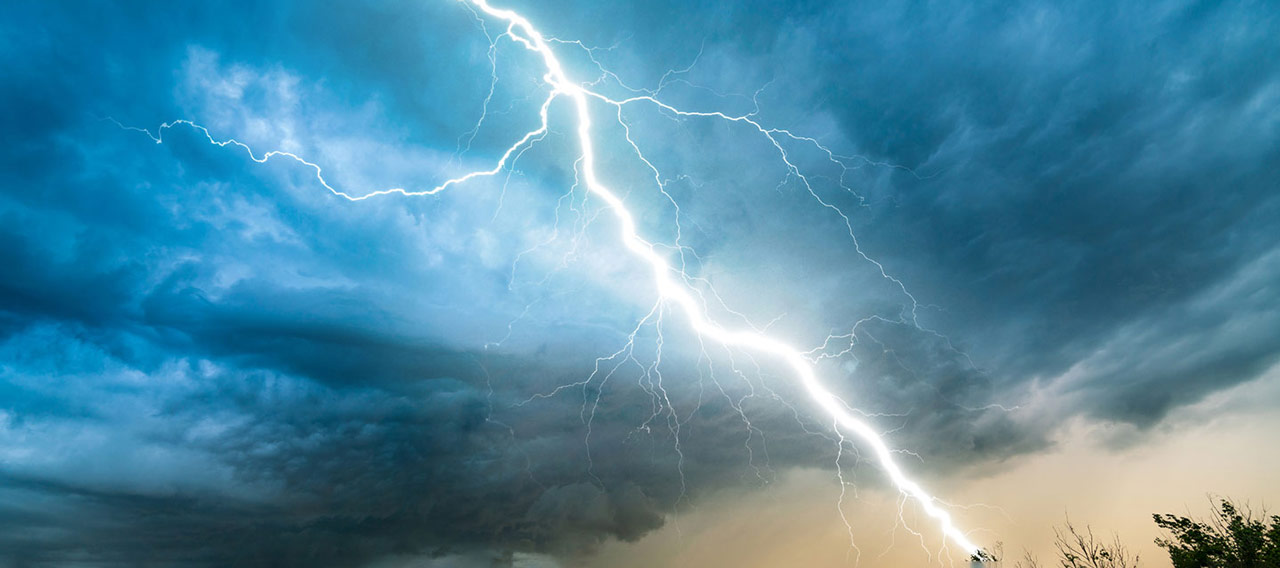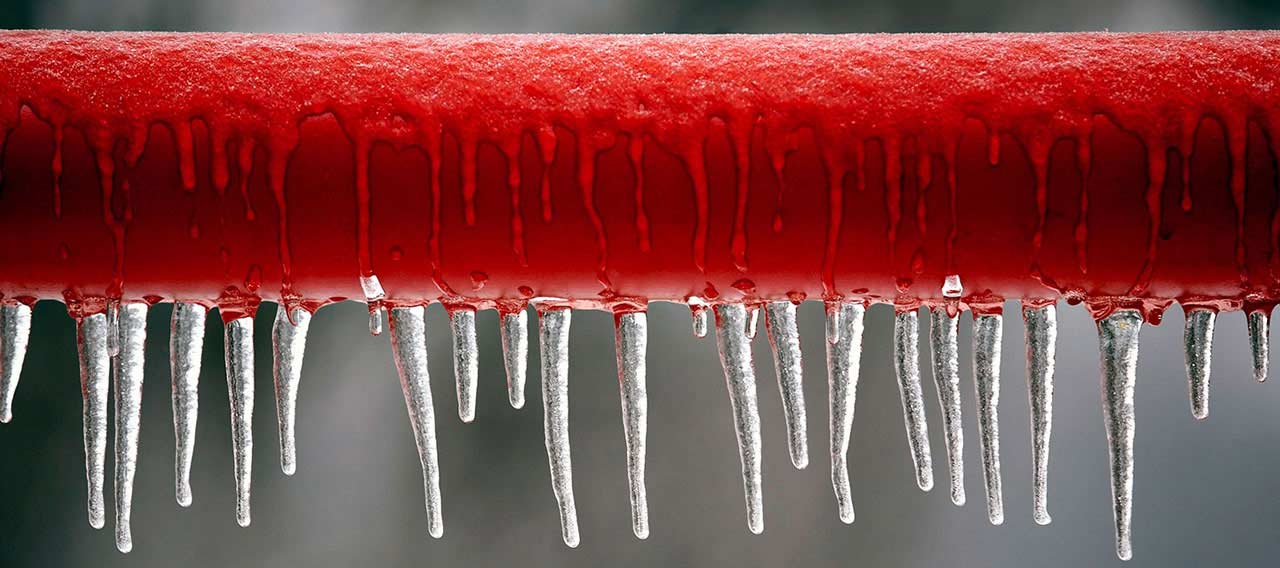As the weather warms up, you may be anxious to start relaxing at your secondary home on a lake or ocean shore property. To make the most of your time there this summer, be sure to take a few steps now to open up your property efficiently, ensure that it’s in good shape, and that you and your family will be protected during your stay.
1. Turn your utilities on.
Call the local utility, cable, and internet companies and have your services turned back on. Set up lawn, pool, and garbage service, if needed.
2. Check your boating registration and schedule help at the marina.
Make sure your boating registration is up to date and, if you need help putting your boat in the marina, schedule help as soon as possible. Most people will want to get their boats back in the water around the same time, so help may be hard to come by.
3. Inspect your deck for rot or winter damage.
Meals, gatherings, and private time are nearly always better on the deck when the weather is nice. So, make sure yours will hold up throughout the summer. Closely inspect it for rotten boards or other types of winter damage and replace any boards or parts that aren’t in good shape.
4. Test your smoke and carbon monoxide detectors.
Change the batteries in your smoke and carbon monoxide detectors and test them out to make sure they’re working correctly.

5. Check for frayed or chewed electrical cords or wires.
Critters are often attracted to electrical cords and wires and can cause a lot of damage by chewing them. Replace any electrical cables that are frayed or damaged in any way.
6. Check your furnace and change the filter.
One of the best ways to ensure that your air is clean and healthy is by keeping your furnace in good working order. Have it inspected each year and change the filter regularly – starting with a new filter when you open up the house in the summer.
7. Make sure you have coverage on everything – cars, boats, jet skis, wave runners, ATVs.
You need to have insurance on even small vehicles and wave runners, to protect them and you (and your family and guests) in case something happens. You may also want to make sure you have enough liability insurance, in case someone else gets injured on your property or using your equipment or toys.
8. Turn on the water and check for leaks.
Even if you turned off your water over the winter, now is a good time to check your water-using appliances, pipes, and faucets for cracks, damage, or leaks, and repair anything that isn’t in good condition.

9. Look for damage to the roof and outside of the home from weather, tree limbs, etc.
Nothing spoils summer fun like a leaking roof or mice in the house. Inspect the roof and outside of the house for any damage it sustained from weather, falling tree limbs, or critters over the months you were away, and make any repairs needed.
10. Get a run-down from your property manager, if you have one
If you hire a property manager to look out for your secondary home while you’re not there, have him or her bring you up to speed on any happenings over the fall, winter or early spring.
Insights and expertise








This document is advisory in nature and is offered as a resource to be used together with your professional insurance advisors in maintaining a loss prevention program. It is an overview only, and is not intended as a substitute for consultation with your insurance broker, or for legal, engineering or other professional advice.
Chubb is the marketing name used to refer to subsidiaries of Chubb Limited providing insurance and related services. For a list of these subsidiaries, please visit our website at www.chubb.com. Insurance provided by ACE American Insurance Company and its U.S. based Chubb underwriting company affiliates. All products may not be available in all states. This communication contains product summaries only. Coverage is subject to the language of the policies as actually issued. Surplus lines insurance sold only through licensed surplus lines producers. Chubb, 202 Hall's Mill Road, Whitehouse Station, NJ 08889-1600.










